In recent years, artificial intelligence (AI) has made its way into almost every part of our lives — from smart assistants to self-driving cars. But now, it’s also making waves in the music industry. One of the most exciting and surprising trends is the rise of AI-generated music artists, also known as virtual singers. These digital performers are changing how we create, listen to, and think about music. But the big question is: Could they really be the future of pop music?
What Are AI Music Artists?

AI music artists are virtual characters or digital avatars that use artificial intelligence to sing, write songs, and even perform — all without being real human beings. Their voices are created using advanced AI tools trained on real human vocals. Some AI artists are fully computer-generated, while others are virtual versions of real singers.
One famous example is Hatsune Miku, a Japanese virtual pop star who has been performing since 2007. Though she isn’t real, she has a huge fanbase and has even performed at live concerts using hologram technology. Newer AI-powered artists are now even more advanced, thanks to tools like deep learning and voice synthesis.
How AI Is Changing the Music Scene

AI is bringing major changes to how music is made and consumed. Here’s how:
-
Songwriting and Production: AI tools can now help musicians write lyrics, compose melodies, and mix tracks. This makes the creative process faster and sometimes more innovative.
-
Personalized Music: AI can analyze your listening habits and create songs that match your taste — even custom-made tracks!
-
Non-stop Creativity: Unlike human singers, AI artists don’t get tired or need breaks. They can produce music 24/7.
Why People Are Paying Attention
The rise of AI singers is exciting for many reasons:
-
Innovation: Fans love the novelty and futuristic feel of AI music.
-
Inclusivity: Virtual artists can represent any culture, gender, or identity. They can be shaped to appeal to diverse audiences.
-
Cost and Control: Record labels can save money and have more control over AI artists compared to humans who might need rest, negotiate contracts, or face controversies.
But There Are Some Concerns
While the idea of AI singers sounds fun and futuristic, it also raises some important questions:
-
Authenticity: Can a computer-generated voice truly connect with people emotionally the way a real singer can?
-
Job Loss: Will human musicians lose opportunities if AI artists become too popular?
-
Creativity: Can AI really be creative, or is it just copying what it has learned from humans?
So, Are Virtual Singers the Future?

AI music artists are still new, but they’re growing fast. Some believe they’ll become a normal part of the music industry, co-existing with human musicians. Others think they’ll dominate pop culture, just like social media influencers did over traditional celebrities.
One thing is clear: AI is here to stay, and it’s opening up a whole new world of music possibilities. Whether you’re a fan or a skeptic, the future of pop music might just include singers who don’t breathe — but can still take your breath away.
pros and cons of AI singers vs Human singers
| Aspect | AI Singers (Virtual Artists) | Human Singers |
| Creativity | Can generate music using learned data, but lacks true emotions | Create deeply emotional and original songs |
| Consistency | Always sounds the same, no voice fatigue | Voice may vary with health, mood, or age |
| Emotion & Expression | Limited real emotional depth in singing | Can express real feelings and connect emotionally with listeners |
| Cost | Low cost over time, no tours or physical needs | Higher costs for recording, travel, and live performances |
| Availability | Available 24/7, no breaks needed | Needs rest, breaks, and has personal limits |
| Performance | Can perform as holograms or in virtual reality | Performs live, creates real-time audience interaction |
| Audience Connection | Feels novel, but may lack a human touch | Builds strong fan relationships and emotional loyalty |
| Legal/Ownership | Easier control by creators or companies | Contracts, rights, and ethical concerns involved |
| Cultural Impact | Can represent any identity, but might feel artificial | Influences culture through real-life experiences and identity |
| Adaptability | Can quickly shift styles using algorithms | Adapts through personal growth and experience |
Most popular AI-generated song
Rise of AI Music on wiki

In today’s fast-changing music world, artificial intelligence (AI) is opening the door to a new kind of star: AI music artists, also known as virtual singers. These are not real people but digital creations powered by smart computer programs that can write songs, sing in different voices, and even perform using virtual avatars or holograms. One of the most popular examples is Hatsune Miku, a Japanese virtual idol who has millions of fans and performs live concerts through hologram technology. AI singers are becoming popular because they can work 24/7, don’t get tired, and are cost-effective for music producers. They can also be customized to match any audience’s taste. However, many people still wonder if they can truly replace human singers. While AI can copy styles and produce catchy tunes, it lacks real emotion, personal experience, and the human connection that many fans love in traditional artists. Some worry that AI could take away jobs from real musicians or make music feel less authentic. Still, others believe that AI singers and human singers can work side by side — with AI helping in the background and humans still leading the stage with their heart and soul. As technology continues to grow, the line between real and virtual music stars may blur, and the future of pop could be a blend of both human creativity and machine intelligence.
Conclusion
As technology and creativity continue to mix, we’ll likely see more AI singers topping the charts. The key will be finding the right balance between machine-made music and human emotion. After all, music has always been about connection — and maybe, just maybe, even virtual voices can touch real hearts.
Frequently Asked Questions (FAQs)
-
What is an AI music artist?
An AI music artist is a digital singer created using artificial intelligence. They can sing, create music, and perform without being a real person. -
Are AI singers real people?
No, they are computer-generated. Their voices and images are made using AI and animation software. -
How do AI singers make music?
AI uses data from real songs to learn patterns. It then creates new lyrics, melodies, and vocals using those patterns. -
Can AI singers perform live?
Yes! They perform using holograms, screens, or virtual reality in concerts. Their performances are pre-programmed. -
Who is the most famous virtual singer?
Hatsune Miku is one of the most popular virtual singers. She has millions of fans and performs worldwide. -
Do AI singers write their own songs?
AI can write lyrics and music with the help of special tools. But sometimes humans help in the creative process too. -
Can AI singers replace human singers?
They may assist or be used alongside human artists, but many believe real emotion and personal touch from humans can’t be replaced. -
Why are AI singers becoming popular?
They are cost-effective, always available, customizable, and never get tired — perfect for music companies and digital events. -
Are AI-generated songs original?
They are often based on patterns from existing music, but many tools now help AI create unique songs. -
Is AI music legal?
It depends. If AI copies a real artist’s voice or style, there can be copyright or ethical issues. -
Can I make my own AI singer?
Yes, there are platforms like Udio, Suno, and Vocaloid where you can create your own AI voices and songs. -
Do people like AI music?
Many people enjoy it, especially for fun or novelty. Some even follow virtual singers like real celebrities! -
Can AI sing in any language?
Yes, AI can be trained to sing in different languages, depending on the software and data used. -
Are there AI bands too?
Yes, there are full AI bands where all members are digital characters with unique looks and styles. -
What is the future of AI in music?
AI will likely play a big role in music production, co-creation, and entertainment. It may not replace humans but will definitely change the way music is made and enjoyed.





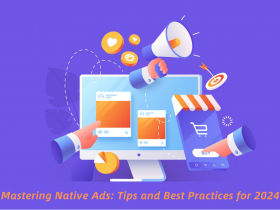


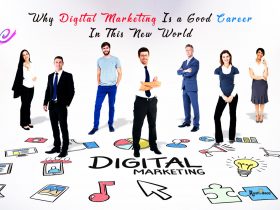

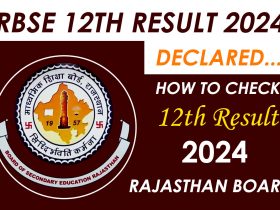
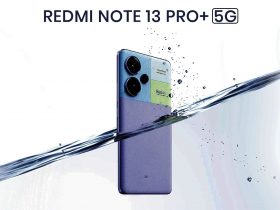
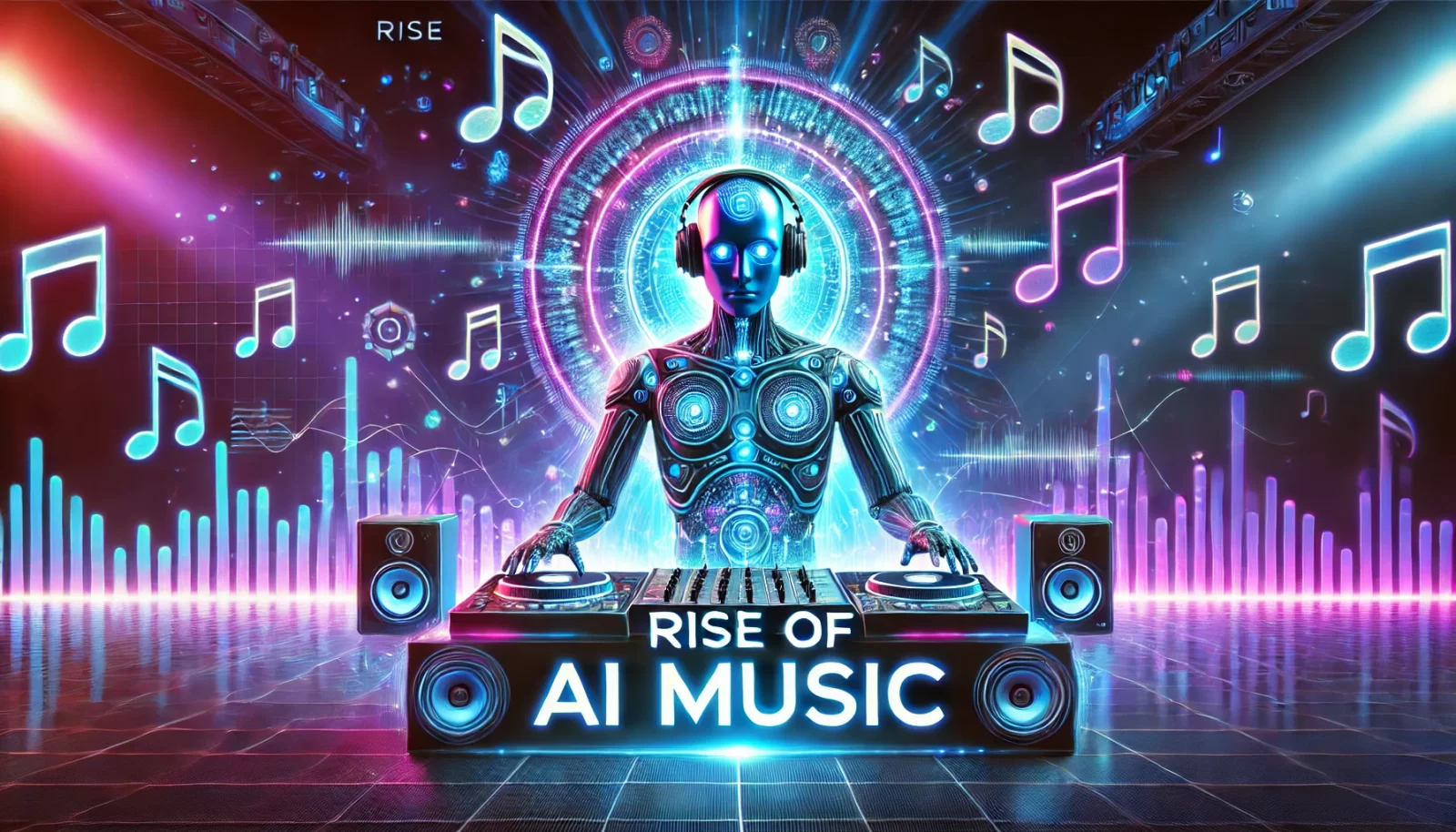
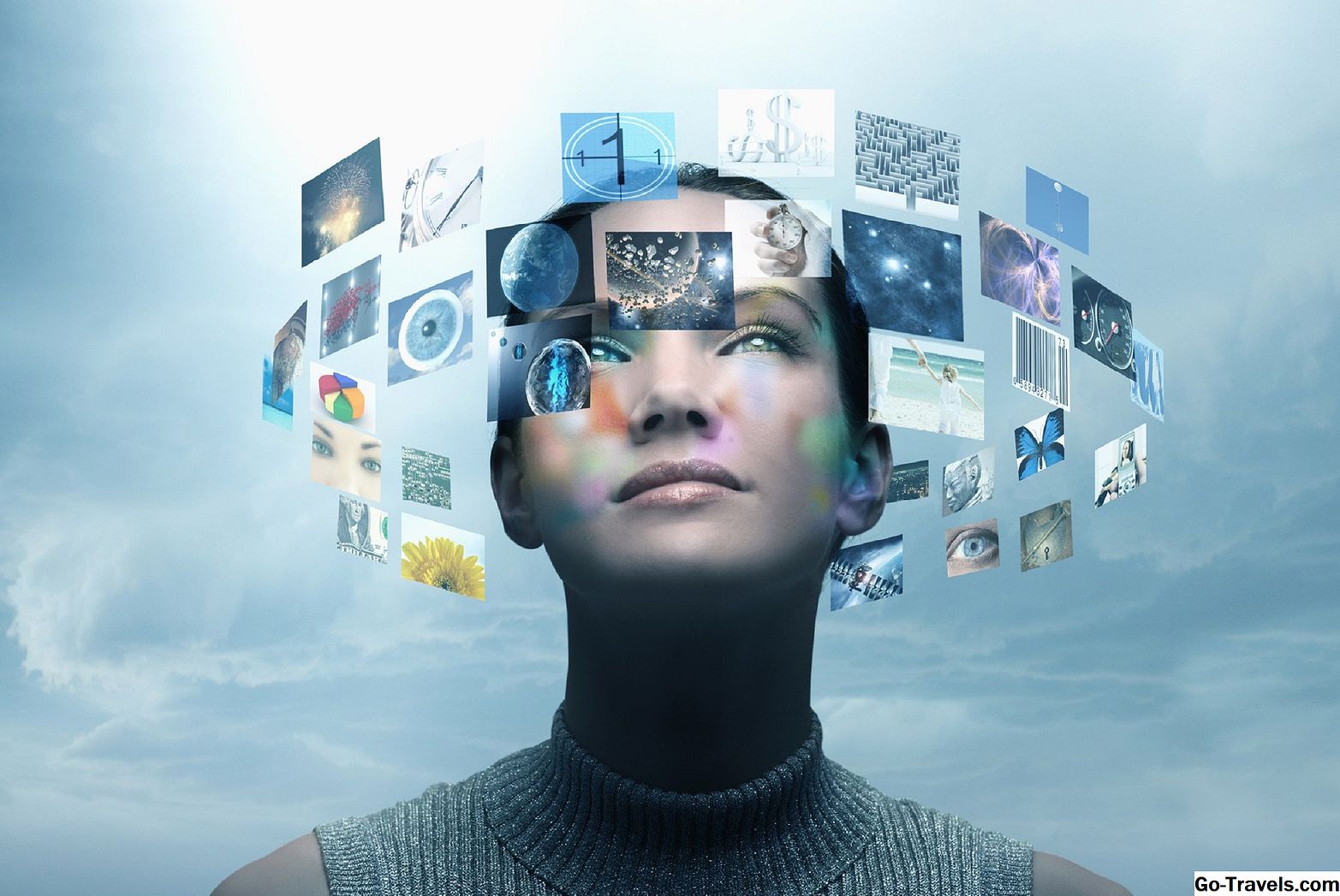

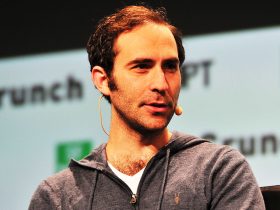
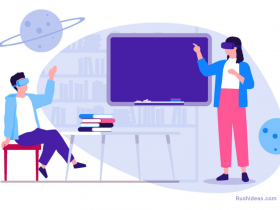

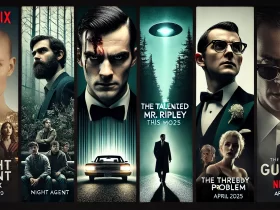
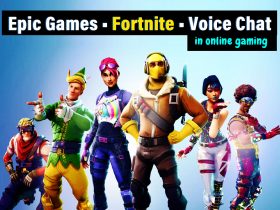

Leave a Reply